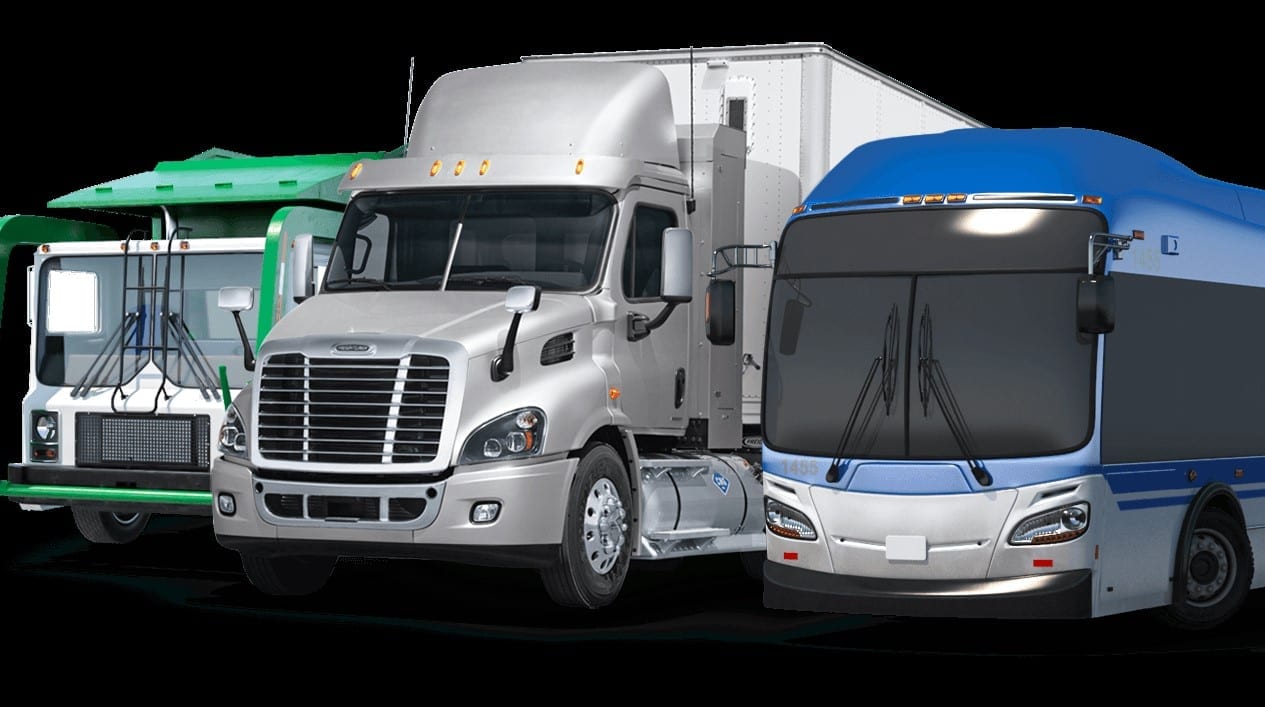Through the United States v. Volkswagen Group of America et al., Volkswagen AG has agreed to spend $14.7 billion to mitigate discrepancies in emissions standards. Volkswagen rigged equipment in specific models of diesel vehicles to make it appear those vehicles met emissions standards when, in fact, they far exceeded the limits set to protect air quality. Of that amount, $2 billion will be spent on national zero emission vehicle investments, and $2.9 billion will be used to establish an Environmental Mitigation Trust, which states and territories may use to invest in transportation projects that will reduce NOx emissions.
NGVAmerica believes that the Volkswagen Trust funding offers a game changing opportunity to accelerate the adoption and use of the cleanest medium- and heavy-duty engines on the market today, fueled by American natural gas. The organization also agrees these public/private investments should be prioritized to achieve the greatest and most cost-effective reductions in NOx emissions to offset the environmental damage done, replacing dirty Class 4-8 diesel-powered trucks and buses with zero emission equivalent ultra low-NOx vehicles powered by geologic and renewable natural gas.
NGVAmerica believes that the Volkswagen Trust funding offers a game changing opportunity to accelerate the adoption and use of NGVs fueled by American natural gas.
Volkswagen Settlement Plans in Place
Forty-seven states have issued VW fund distribution plans to date; thirty-eight are final. Several states have already opened applications for VW grant programs using the $2.9 billion in available resources for new vehicle purchases and replacements. First round funding applications are currently being accepted in Idaho, Iowa, Maryland, Michigan, Missouri, and New Jersey.
To that effect, NGVAmerica released four new fact sheets in early January regarding the benefits of using NGVs for heavy-duty trucks, school buses, refuse vehicles and transit vehicles. The new information comes as states are beginning to distribute their share of the $2.9 billion Environmental Mitigation Trust funding established as part of the Volkswagen emissions settlement. Here are a few highlights from the fact sheets for each of these vehicles:
Heavy-Duty Trucks
From small fixed-route haulers and port drayage companies to major parcel deliverers and national freight carriers, heavy-duty (HD) natural gas trucks are providing fleets of all sizes with considerable fuel savings and environmental benefits. Ultra low-NOx natural gas trucks provide the proven and commercially-ready-right-now power, performance, and range required for reliable goods movement.
NGVAmerica released four new fact sheets in early January regarding the benefits of using NGVs for heavy-duty trucks, school buses, refuse vehicles and transit vehicles.
School Buses
Every day, 25 million children in the U.S. spend an average of an hour and a half on public school buses. School districts and health advocates have recognized the importance of reducing students’ exposure to harmful diesel exhaust emissions. There are now more than 150 school districts operating approximately 5,500 natural gas-powered school buses to safely transport students and to help improve their air quality.
Refuse Vehicles
From the largest refuse company in the United States to some of the smallest independent operators, refuse companies are increasingly investing in natural gas vehicles. Roughly 60% of new refuse trucks on order are NGVs.
Transit Vehicles
Natural gas transit buses have a track record of clean, reliable, and cost-effective service in major metropolitan markets and dozens of smaller communities. Natural gas provides communities across the U.S. with a clean, reliable, and cost-effective transportation option for municipal vehicles like transit buses. 12,000+ natural gas buses operate in the U.S.
Natural gas prices can be $0.75 to $1 lower than diesel at the pump, with a firm price advantage expected to remain for decades.
Currently, natural gas prices can be $0.75 to $1 lower than diesel at the pump, with a firm price advantage expected to remain for decades. Beyond the fuel-price differential, the pump price of natural gas remains relatively stable for two reasons. First, it is domestically sourced. Second, the commodity cost of natural gas only makes up 23% of the pump price so price fluctuations have minimal impact. In contrast, approximately 60% of the price of diesel fuel is impacted by the market cost of crude oil, which is largely sourced from politically unstable, high-conflict regions. When crude oil prices increase, diesel prices follow suit which can lead to significant swings in a fleet’s fuel costs.
NGVAmerica Committed to These Recommendations
- Funding alternative fuel vehicle projects that maximize NOx reductions with the funds spent for both public and private fleets
- Providing greater funding for MD & HD vehicles powered or repowered by engines that deliver NOx reductions greater than current EPA standards
- Targeting funding for technologies that have demonstrated lower in-use emissions
- Prioritizing funding for projects with commercially available products
- Staying flexible in plans and leverage private investment to stretch dollars and get more alternative vehicles on the road
To find out more from NGVAmerica about how your fleet can clear the air and take advantage of VW settlement resources at NGVAmerica’s online VW Trust Action Center.


